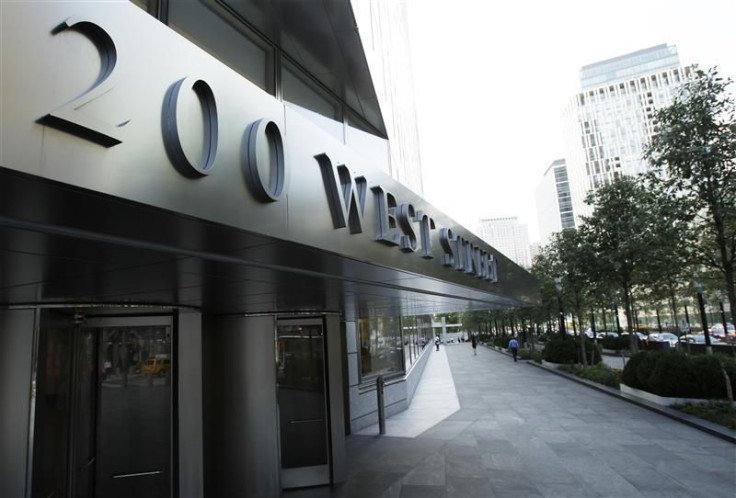Five Takeaways From The 1Q 2012 Goldman Sachs Earnings Call

Goldman Sachs Group Inc. (NYSE: GS)'s chief financial officer David Viniar took questions from analysts Tuesday morning in a wide-ranging call that touched on government regulation, risk, departures of the firm's partners and the firm's standing on Wall Street. Here are five key points:
1. Reluctant To Forecast
I'm always hesitant to give guidance on anything, because things change, said Viniar, and he demurred on many questions regarding Goldman's financial outlook for the year. He also doesn't appreciate the review that ratings agency Moody's Corp. (NYSE: MCO) gave Goldman and 16 other big banks for a potential downgrade, but he doesn't think a cut in its credit rating would have a huge impact.
2. The Government and Sachs
Vinier said he welcomes more clarity from the government regarding regulations, and changes could be a positive development for the industry. As for the Federal Reserve's bank stress tests in March -- which Goldman passed -- Viniar said he doesn't know how the government calculated the bank's resilience.
3. Two Big Sources of Risk
Analyst Meredith Whitney, who rose to fame for predicting the 2008 meltdown, asked Vinier where the company's risk comes from.
The biggest driver of our risk appetite is clients, said Vinier, followed by the bank's traders. But he added, Our clients have been cautious on risk and remain cautious on risk.
And while Europe remains a concern, Viniar said that the danger has lessened.
4. Deep Bench offsets departures
Fifty of 483 Goldman partners left the firm last year, while it also added 10 partners. Greg Smith, a mid-level Goldman manager, wrote an explosive New York times opinion piece that said the firm had abandoned its commitment to its clients.
But Vinier downplayed the departures, saying that 15 to 20 percent of the firm's partners leave every two years, and few have left in the past four years.
Our bench is so deep that it's not an issue at all, he added.
5. Tough Competition
Although Goldman emerged from the financial crisis as one of the strongest banks in the industry, a belief that he attributed to the firm's reluctance to hold subprime mortgages, he admitted that Goldman's continued dominance is uncertain. Viniar acknowledged that competition was tough and that Goldman wasn't guaranteed the soaring profits it had made just a couple of years ago.
© Copyright IBTimes 2024. All rights reserved.




















